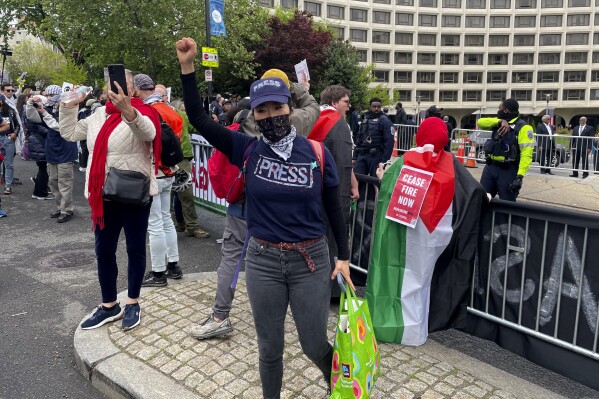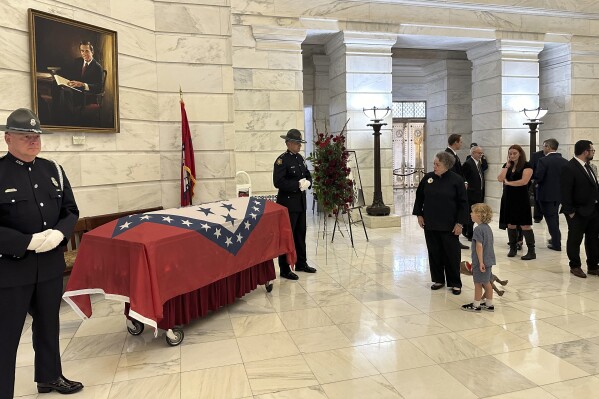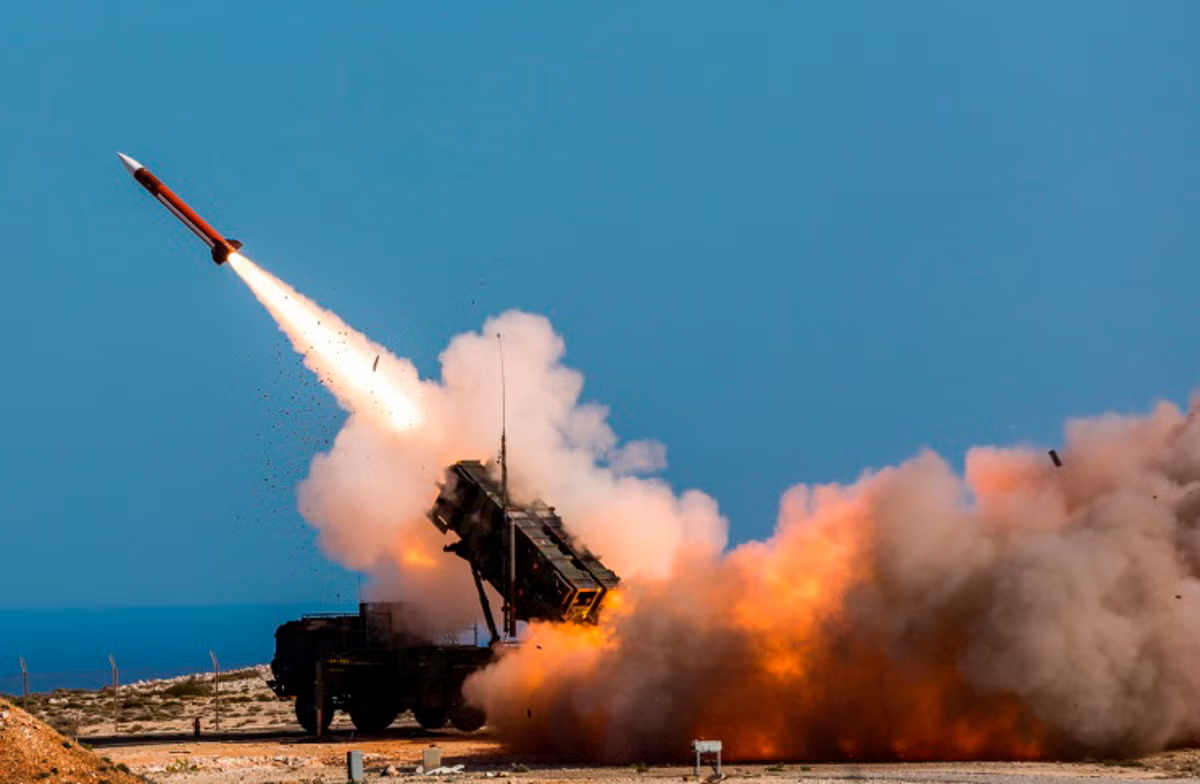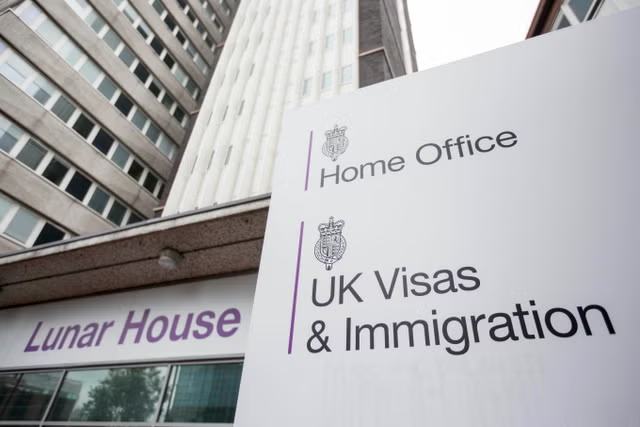The government is considering whether to send troops to Gaza to help deliver aid via a new sea route.
The US confirmed on Friday that work on a temporary pier, designed to get more humanitarian aid into Gaza as famine looms, had begun and that operations would start in early May.
Britain is already providing logistical support for construction of the pier, including a Royal Navy ship that will house hundreds of US soldiers and sailors working on the project.
In addition, UK military planners have been embedded at US Central Command in Florida and in Cyprus, where aid will be screened before shipment to Gaza, for several weeks.
Under the planned Joint Logistics Over-the-Shore operation, Israel will reportedly be responsible for anchoring the floating 500m causeway to the beach and will provide “security and logistics support”.
A senior US military official said there would be no American “boots on the ground” and another nation would provide the personnel to drive the delivery trucks to the shore. The official, who spoke to reporters on condition of anonymity to discuss details not yet made public, declined to identify the third party.

While he refused to name this partner nation, the BBC reported that British officials are considering whether UK troops will take this role – known as “wet boots” by military planners – when the aid corridor opens next month. This would involve British troops driving trucks off the landing craft onto the temporary causeway and delivering aid to a secure distribution area onshore in Gaza.
Such a role would increase the risk of being attacked. Just this week, a UN team touring the onshore site was forced to take cover when mortar shells landed nearby, Israeli outlets reported.
Whitehall sources told the BBC that no decision had been made, that a role for British troops may not happen, and the issue had not yet crossed the prime minister’s desk. The Ministry of Defence refused to comment on the matter on Saturday.
Hamas sparked the war inside Gaza with a brutal attack on southern Israel on 7 October, in which around 1,200 people were killed, mostly civilians, and another 250 people were taken hostage. Since then, 34,000 Palestinians have been killed, around two-thirds of them children and women, in Israel’s air and ground offensive, according to the Health Ministry in Hamas-run Gaza.
The defence secretary, Grant Shapps, said on Friday that the UK “continues to take a leading role in the delivery of support in coordination with the US and other international allies”.

Calling it “critical” that more routes for vital aid to Gaza are established, he said: “The crew of RFA Cardigan Bay are central to the UK’s contribution to the multinational plan to greatly expand the flow of aid into Gaza.
“This will complement the priority of getting more aid in via land routes and Ashdod port in Israel, by enabling tens of thousands of tonnes to be delivered directly from the sea onto the beach.”
The new causeway will initially facilitate the delivery of 90 truckloads of international aid into Gaza and scale to up to 150 truckloads once fully operational, according to US estimates.
Aid shipments to Gaza from Cyprus resumed late on Friday, a Cypriot source said, with a ship carrying food to the besieged Palestinian enclave after a pause following the death of seven aid workers in an Israeli strike at the beginning of the month. The World Central Kitchen NGO paused aid to review its activity in the territory after the early April attack, halting the direct shipments into Gaza from Cyprus.
Elsewhere, negotiations for a ceasefire and hostage-release deal are continuing in the face of a feared Israeli ground invasion of Rafah, the southern city where more than half of Gaza’s 2.3 million population has sought refuge from Israel’s invasion and bombardment.

A senior Hamas official said on Saturday that the group was evaluating a new Israeli proposal for a ceasefire in Gaza and “upon completion of its study, it will submit its response”.
He gave no details of Israel’s offer but said it was in response to a proposal from Hamas two weeks ago. Negotiations earlier this month centered on a six-week cease-fire proposal and the release of 40 civilian and sick hostages in exchange for freeing hundreds of Palestinian prisoners in Israeli jails.
Hamas’s statement came hours after a high-level Egyptian delegation wrapped up a visit to Israel where it discussed a “new vision” for a prolonged ceasefire in Gaza, an Egyptian official said.
Disclaimer: The copyright of this article belongs to the original author. Reposting this article is solely for the purpose of information dissemination and does not constitute any investment advice. If there is any infringement, please contact us immediately. We will make corrections or deletions as necessary. Thank you.



